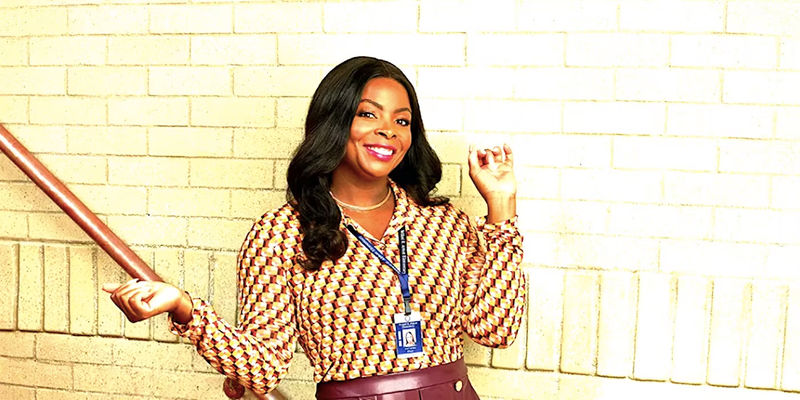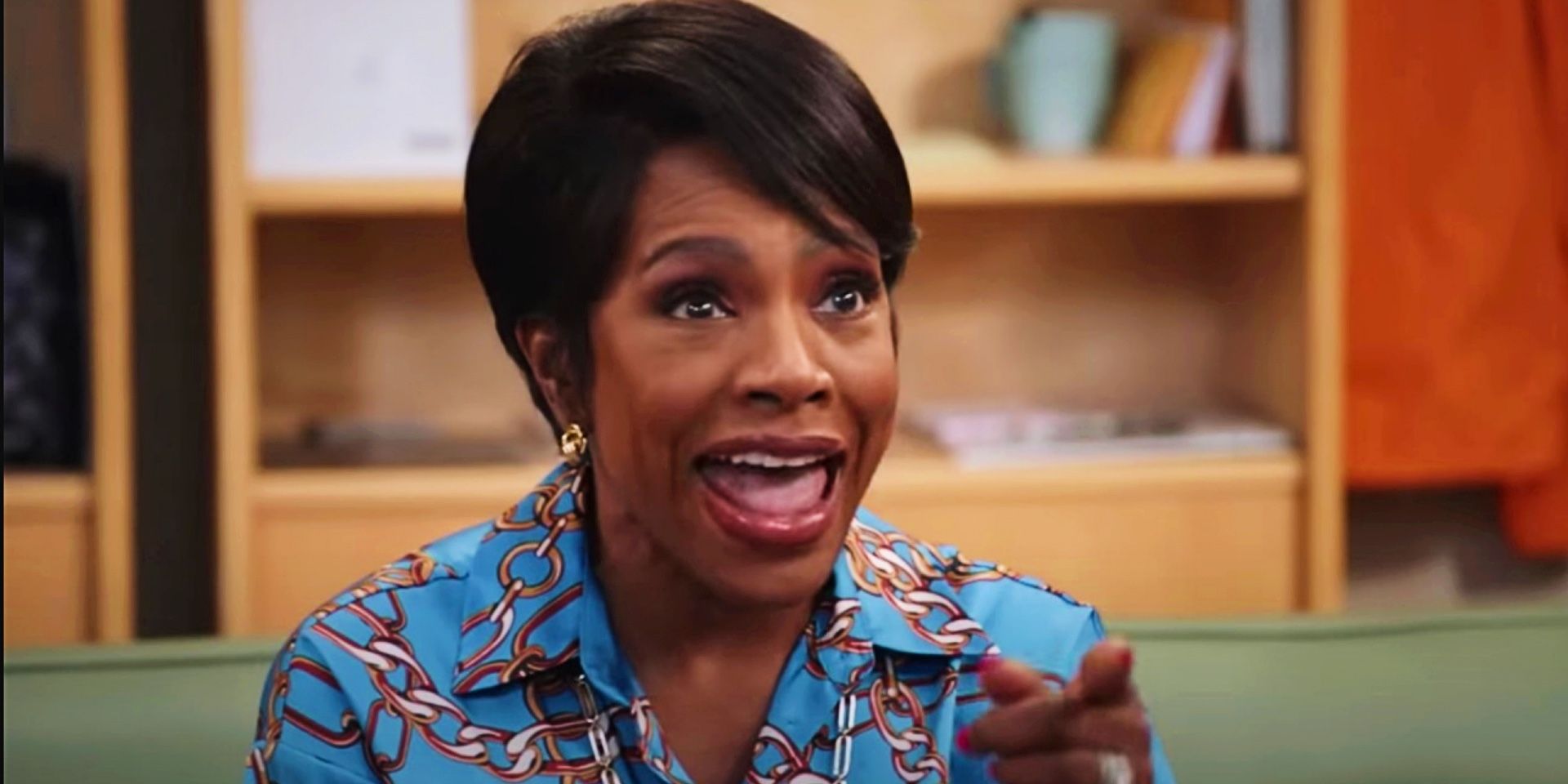
Abbott Elementary Season 3 Innovatively Deconstructs a Timeless Sitcom Trope

Exploring the Brilliance of Abbott S3's Unique Approach to Sitcom Spoofing
The Evolution of Sitcom Spoofing
In a landscape dominated by traditional sitcoms, Abbott Elementary stands out for its innovative take on the genre. While the show may not be known for its self-referential style, season 3 episode 4 shook up the sitcom world by brilliantly demolishing a classic trope. Unlike the meta sitcoms of the late ‘00s and 2010s, Abbott Elementary takes a more subtle approach to parodying sitcom conventions. The show's humor stems from its characters and their relatable situations, rather than relying on over-the-top meta-humor.
Sitcom spoofing has long been a staple of television, dating back to the early days of the genre. Shows like "I Love Lucy" and "The Honeymooners" often played with comedic tropes and subverted audience expectations. However, in the late '00s and 2010s, a new wave of sitcoms emerged that took spoofing to the next level. Meta sitcoms like "30 Rock" and "Community" gained popularity for their self-referential humor and deconstruction of sitcom tropes.
Abbott Elementary distinguishes itself from these meta sitcoms by adopting a more subtle approach to parody. Instead of directly referencing other shows or breaking the fourth wall, the show focuses on character-driven humor and relatable situations. The humor arises naturally from the interactions between the diverse cast of characters, allowing the audience to connect with the show on a deeper level.
Principal Ava stands at a wall smiling in an Abbott Elementary publicity still
Deconstructing the After-School Special
Abbott Elementary season 3 episode 4, aptly titled 'Smoking,' took a bold step in mocking the ‘80s after-school special format. After-school specials were a popular format in the '80s and '90s, addressing social issues and moral dilemmas for young viewers. These specials often featured simplistic narratives and heavy-handed moralizing, presenting a clear distinction between right and wrong.
In 'Smoking,' Abbott Elementary subverts the after-school special format by presenting a more complex and nuanced perspective on drug use. The storyline unfolds as a student is caught smoking on school grounds, leading to a series of events that challenge the traditional anti-drug narratives popularized in sitcoms of the past. Instead of simply demonizing drug use, the episode delves into the underlying reasons behind the student's behavior and explores the faculty's own experiences with drugs.
Quinta Brunson
By highlighting the hypocrisy often associated with anti-drug campaigns, Abbott Elementary brings a fresh perspective to the table. The entire faculty's admission of their own drug use adds a layer of complexity to the narrative, challenging the notion of a clear-cut right and wrong. This deconstruction of the after-school special format encourages viewers to question traditional moralizing and consider alternative viewpoints.
Parody with a Purpose
Beyond its satirical take on anti-drug PSAs, 'Smoking' delves into the challenges of discussing sensitive topics with children. Teachers often face limitations when addressing issues like drug use, as they must navigate the fine line between providing information and avoiding inappropriate discussions. Abbott Elementary's clever storytelling tackles this issue head-on, offering a nuanced perspective that goes beyond the typical moralizing seen in after-school specials.
The episode emphasizes the importance of open and honest communication with children, even when discussing challenging topics. By showcasing the teachers' struggles to find the right words and approach, Abbott Elementary highlights the complexities involved in educating and communicating with the next generation. It prompts viewers to consider alternative approaches to these conversations and sparks thought-provoking discussions about how we can better educate and support young people.
Chris Perfetti as Jacob Hill in Abbott Elementary
Abbott Elementary's refreshing approach to storytelling not only entertains but also serves as a catalyst for meaningful conversations. By using parody as a tool for social commentary and education, the show invites viewers to think critically about the limitations of traditional narratives and explore new perspectives. With its thought-provoking content and relatable characters, Abbott Elementary season 3 episode 4 innovatively deconstructs a timeless sitcom trope, leaving a lasting impact on the sitcom genre as a whole.
















